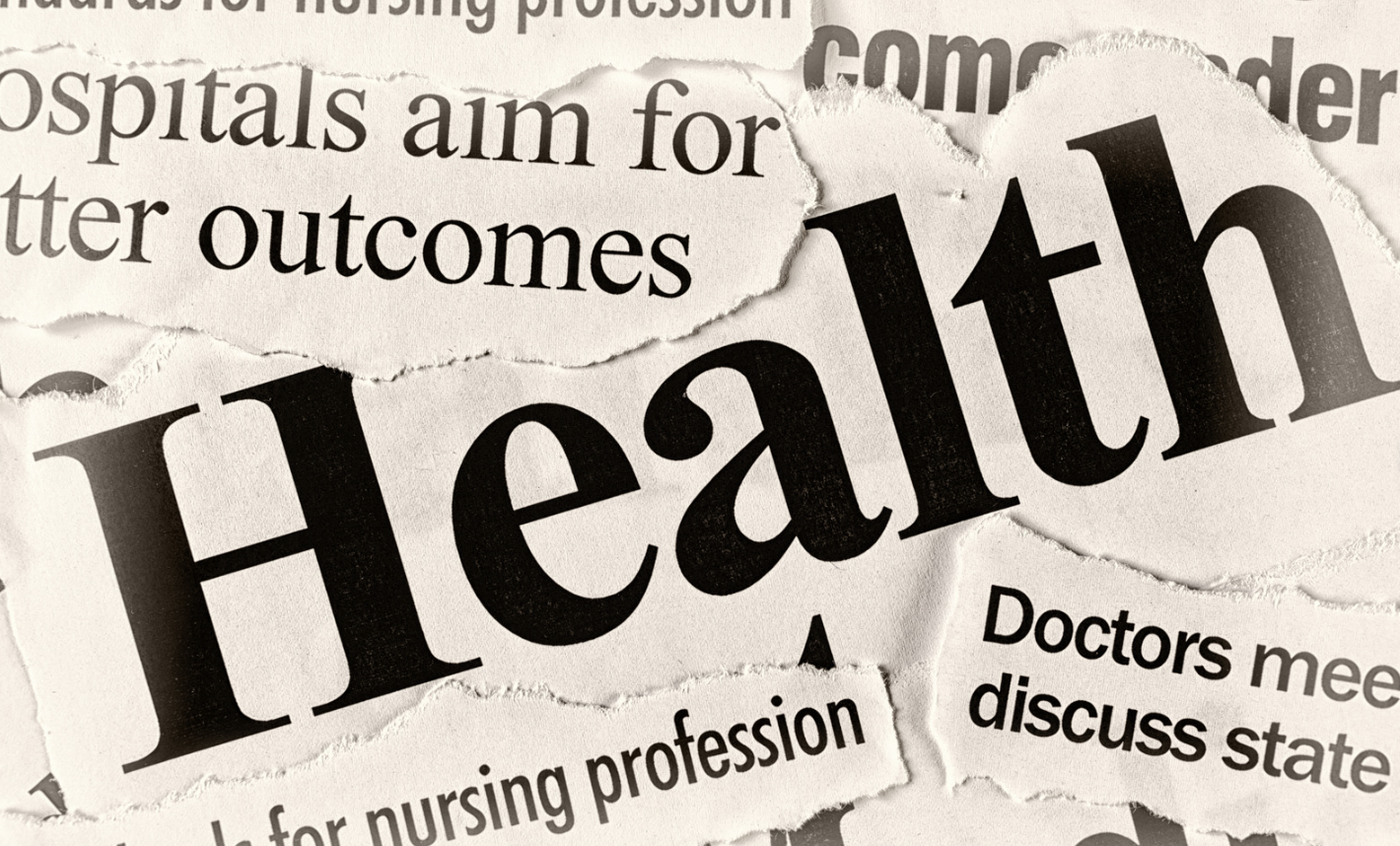Listen on: Apple Podcasts | Spotify | Amazon Music | Podcast Index | Overcast | YouTube
Every day, new health headlines flood our feeds, claiming everything from “Apple cider vinegar sheds 12 pounds” to “Wearing socks to bed improves sleep.” These headlines can spark excitement, skepticism, or even anxiety. But how do you decide whether to trust them? Understanding the nuances of health headlines is crucial for navigating the sea of information and making informed decisions. Here, I’ll share key takeaways to help you critically evaluate health news and protect your wellness journey.
Why Headlines Matter—and How They Mislead
Health headlines often oversimplify complex studies, resulting in claims that may not be accurate or actionable. For instance, a bold statement like “Intermittent fasting increases heart-related deaths” might send you into a panic—but dig deeper, and you might uncover serious flaws in the underlying research. Headlines are crafted to grab attention, not necessarily to educate or provide context.
Nine Essential Questions to Evaluate Health Headlines
When confronted with a health headline, ask these questions to gauge its credibility:
- Is the source reputable?
Articles from established publications like The New York Times or The Lancet may carry more weight than those from obscure blogs or Reddit threads. - Is it based on an actual scientific study?
Some headlines arise from opinions or preliminary findings, rather than rigorous research. - Is the study published or peer-reviewed?
Research presented at a conference but not yet peer-reviewed is less reliable. - Where was the study published?
High-impact journals (like JAMA) usually vet studies more rigorously. - Who conducted the study?
Look for well-regarded institutions or experienced researchers. - How large was the study?
Larger studies typically produce more reliable results than smaller ones. - What type of study was it?
Randomized controlled trials (RCTs) are the gold standard, while observational studies can be less reliable due to confounding factors. - Was there an editorial or commentary?
Accompanying expert analysis can reveal potential limitations or biases. - Does it sound too good to be true?
Sensational claims often lack the depth to back them up.
Understanding the Hierarchy of Evidence
The credibility of a health claim often hinges on the type of research it’s based on. Here’s a breakdown:
- Meta-analyses and Systematic Reviews: Combine data from multiple RCTs (or observational studies), offering more valid insights.
- Randomized Controlled Trials: Test interventions in controlled environments, producing strong evidence.
- Observational Studies: Examine correlations but can’t prove causation.
- Case Series and Expert Opinions: Provide anecdotal insights but lack statistical rigor.
Being higher up in the hierarchy is generally more valid, but that is not always the case.
Case Studies: The Headlines Behind the Hype
1. Intermittent Fasting and Heart Disease
A recent headline claimed that intermittent fasting increased cardiovascular deaths by 91%. However, this was based on an observational study with major flaws:
- Data was derived from unreliable food diaries.
- Participants’ long-term eating habits weren’t reliably tracked. The data were based just on a one-day food diary at the beginning of the 8 year study.
- Confounding variables, such as stress or socioeconomic factors, were not adequately controlled.
Takeaway: The study’s design doesn’t justify abandoning intermittent fasting outright.
2. Meal Replacement Shakes for Weight Loss
Another headline boasted that meal replacement shakes led to more significant weight loss than calorie-reduced lunches. While this study was an RCT, limitations like dietary tracking inaccuracies and cultural dietary differences suggested the findings might not apply universally.
Takeaway: Even high-quality studies require scrutiny of their limitations.
How Your Health Archetype Shapes Your Reaction
Your approach to health headlines may depend on your “health type”:
- Holistic Health Hacker: Enthusiastic to try new trends but may need to temper excitement with evidence.
- Purposeful Path Planner: Prone to overwhelm; benefits from clear, actionable steps.
- Contentment Creator: Selective about adopting changes; values simplicity over complexity.
Building Confidence in Your Health Decisions
Headlines are a starting point, not a definitive answer. By applying these evaluation techniques, you can filter through the noise and focus on changes that truly support your health goals. Remember, wellness is a journey—one that thrives on critical thinking and informed choices.
Let’s continue this journey together. Share any headlines you’d like me to dissect, and let’s explore them through an evidence-based lens. Together, we can navigate the complexities of health news and Live Long and Well.
Note: If you’re curious about your health type, take my quiz on drbobbylivelongandwell.com to gain personalized insights into how you approach health.
If you wish to work more directly with me, here is a link

Scientific research underscores the intricate interplay between lifestyle factors and human health. Exercise, a cornerstone of well-being, enhances cardiovascular health, boosts mood, and promotes cognitive function. Coupled with proper nutrition, it fosters optimal physical performance and supports immune function. Beyond the individual, social ties exert profound effects on health, buffering against stress and enhancing longevity. Meanwhile, exposure to hot and cold environments elicits physiological adaptations, bolstering resilience and metabolic efficiency. Adequate sleep, essential for cognitive consolidation and metabolic regulation, underscores the importance of restorative rest. Moreover, the mind-body harmony underscores the intricate relationship between mental and physical health, highlighting the profound impact of mindfulness and stress management on overall well-being. Integrating these factors into daily life cultivates a holistic approach to health promotion and disease prevention.